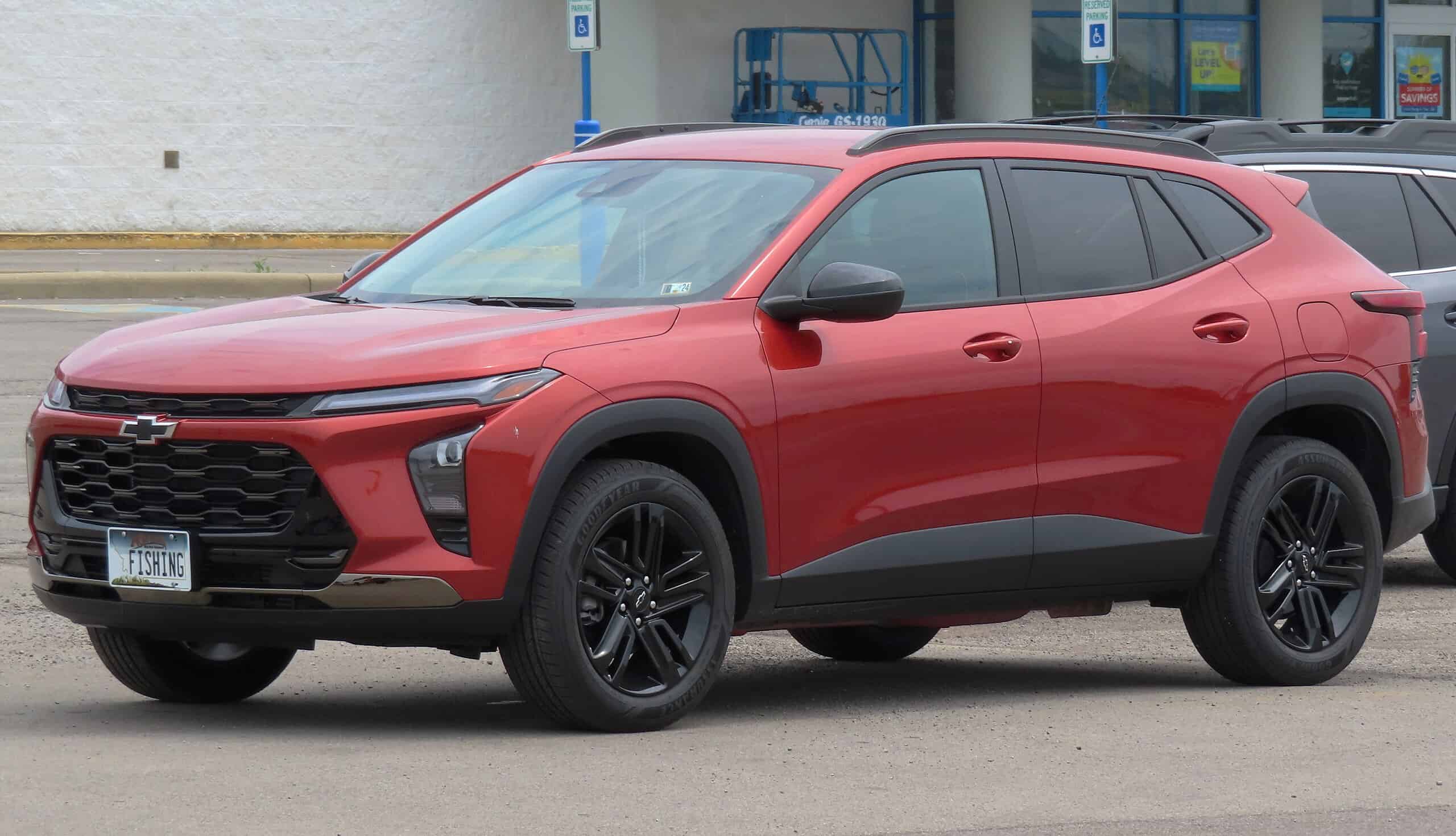
Chevrolet introduced the Chevy Trax in 2013. The second-generation crossover SUV was a global release and remains the smallest SUV in Chevrolet’s lineup. When the second generation was introduced in 2023, the Trax underwent a major remodel and was reintroduced in a slightly larger format.
As a result, Chevy almost renamed the vehicle. While Chevy has ultimately decided to stick with the Trax name, it might regret not finding a new name after a few years of trouble with the vehicle. In the ten years since its release, the Chevy Trax has had its ups and downs, unfortunately, with more downs than ups. With this in mind, we can use data from Car Complaints and reviews from Consumer Reports and CoPilot Search to determine which Trax model years to avoid.
Avoid: 2013
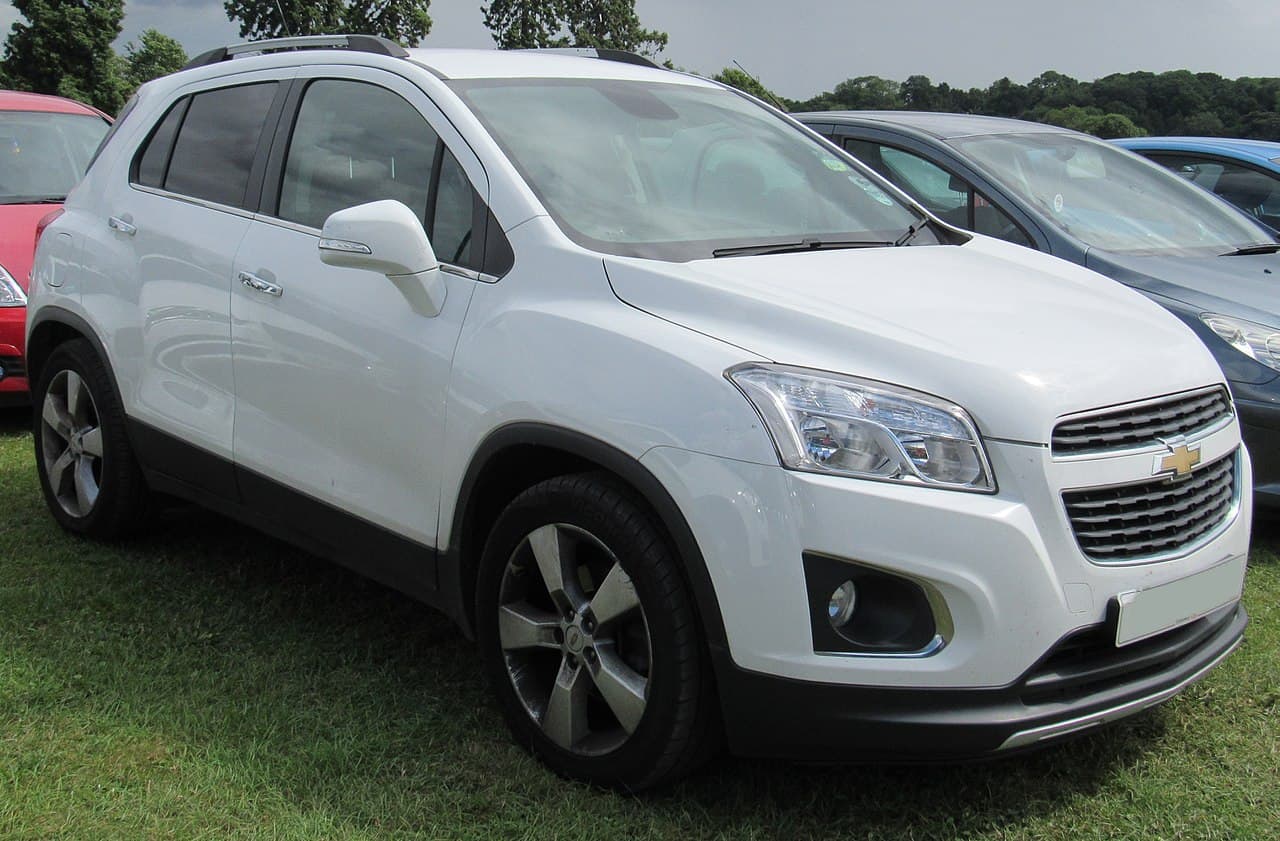
As with many new car models, the first year is difficult. There are always nuances with a new car model that everyday drivers will catch that the manufacturers like Chevy did not catch during testing. This said, according to the NHTSA (National Highway Transportation and Safety Administration), no complaints were filed for the Chevy Tax in 2013.
However, Car Complaints, which tracks customer concerns about vehicles, indicated that drivetrain and electrical problems were definitely present. Regarding electrical issues, customers reported concerns about their keys being stuck in the ignition, which undoubtedly caused a major issue for Trax owners. Transmission failure was also a concern for Trax owners, though less prominent than keys getting stuck. Ultimately, 2013 is the least bad model year for the Chevy Trax you can purchase.
Avoid: 2015
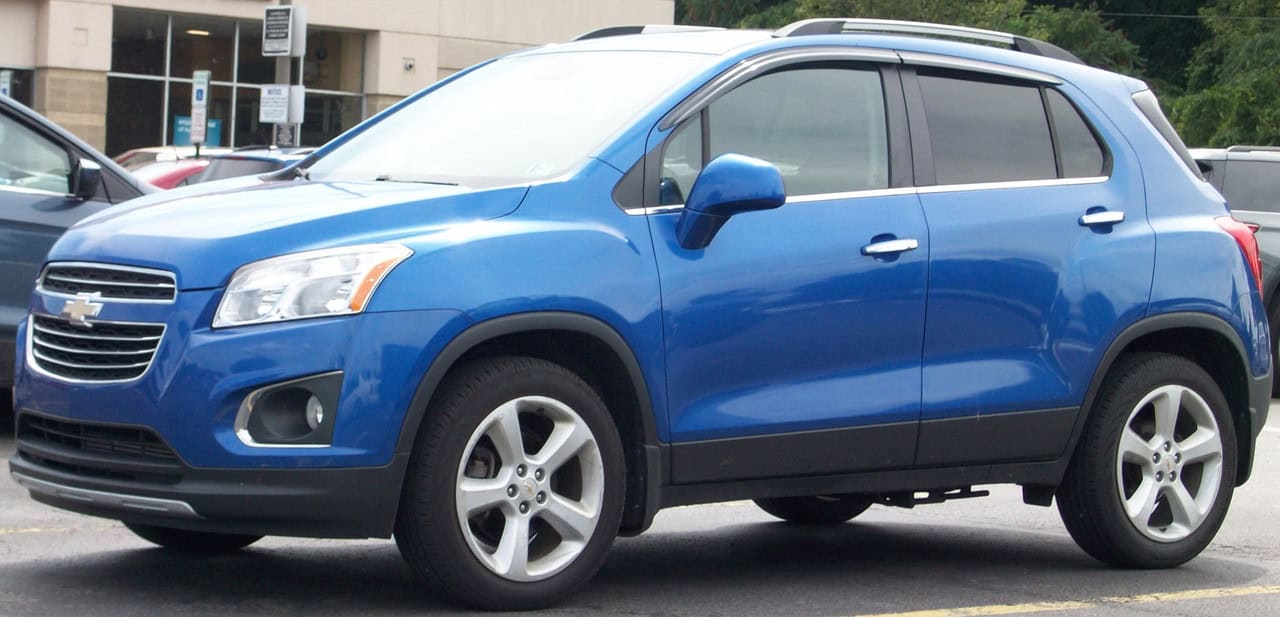
In 2015, the Chevrolet Trax had already started receiving NHTSA complaints, with 124 individual filings for this model year. According to Way.com, one of the more prominent concerns for customers was that the 2015 model would roll back when parked on a hill. Chevy Trax owners who lived on or might park on a hill saw this as a huge red flag.
At least 17 of the NHTSA complaints were specifically filed around this issue. Alongside hill parking issues, electrical problems were notable in the 2015 model year. Multiple owners reported that the air conditioning system would short out and stop working. As a result, customers had no heating or cooling in the vehicle, which can be a major issue depending on the time of year. If out of warranty, it’s said this issue costs at least $300 to repair, which is not a cost that should have been passed on to customers.
Avoid: 2016
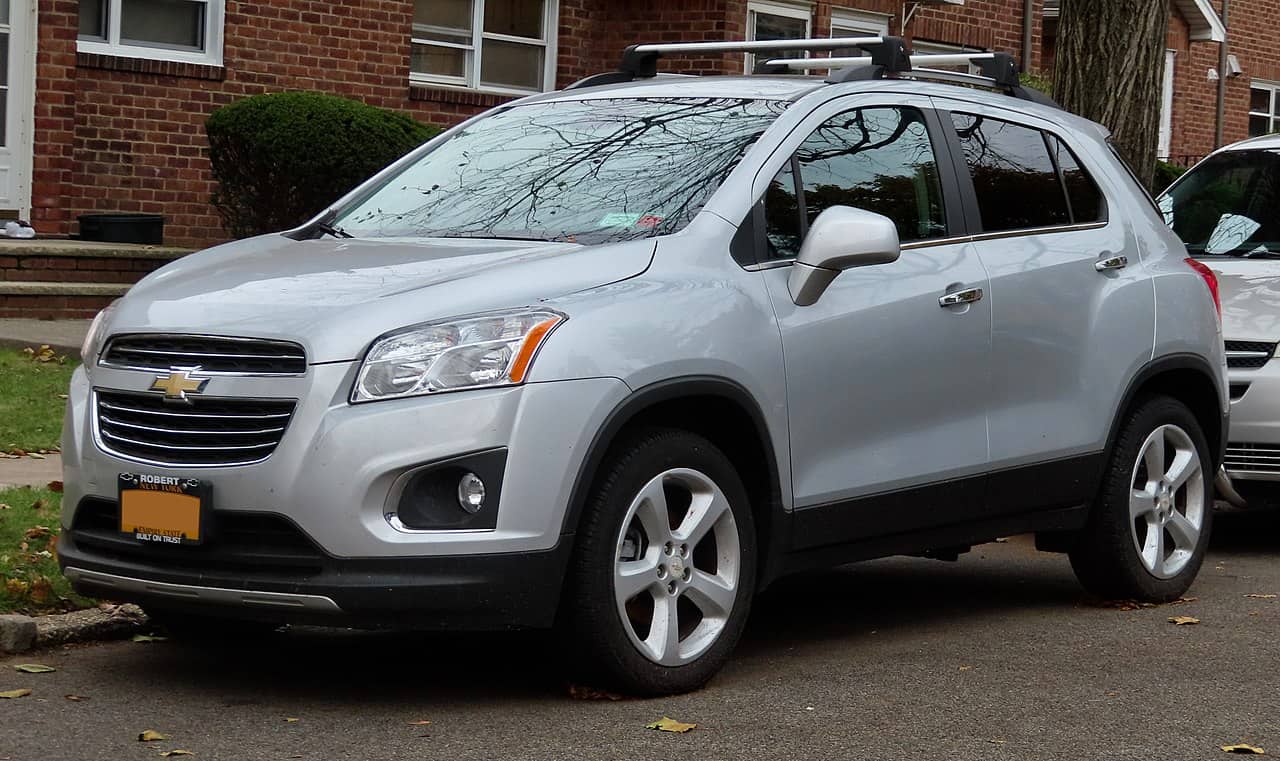
On the positive side for 2016, the issue of the Trax rolling down a hill when parked was seemingly resolved. While that was good news, 2016 was still one of the worst model years you could purchase with the Chevrolet Trax. According to Car Complaints, with over 150 NHTSA complaints, this was the Trax’s worst year since launch. The air conditioning system was again at the top of the complaint list. There are various potential causes for air conditioning to stop working in a vehicle, and the cause could be a quick fix or one that costs hundreds of dollars. Another concern is related to the engine and cooling issues.
Alongside a few errant check engine lights coming on, customers reported trouble going up a hill with the engine losing power. The same can be said for customers who filed similar complaints, but their circumstances were when the Trax was driving at high speeds on a highway. Either way, engine issues were prominent enough to be a major 2016 concern. On top of the passenger airbag light not working, 2016 is a Trax model to avoid.
Avoid: 2017

Regarding the 2017 Chevrolet Trax, to say that Consumer Reports widely panned it would be an understatement. The online publication of the Trax review even runs out of room on the page for its “Lows” or cons. Everything from a stiff ride, underpowered, poor infotainment experience, narrow cabin, and uncomfortable front seats were just a few of the complaints Consumer Reports offered in 2017. Alongside Consumer Report’s disappointment, Trax owners also had to contend with 142 separate NHTSA complaints.
Unsurprisingly, engine issues were at the very top of the list. Worse, engine issues started anywhere between 15,000 and 85,000 miles. Given this, it’s hard to recommend the 2017 model year, even if you can find it for low mileage and a used vehicle warranty. Customers’ main concerns were warning lights on the dashboard coming on like a Christmas tree, indicating various problems.
Avoid: 2018
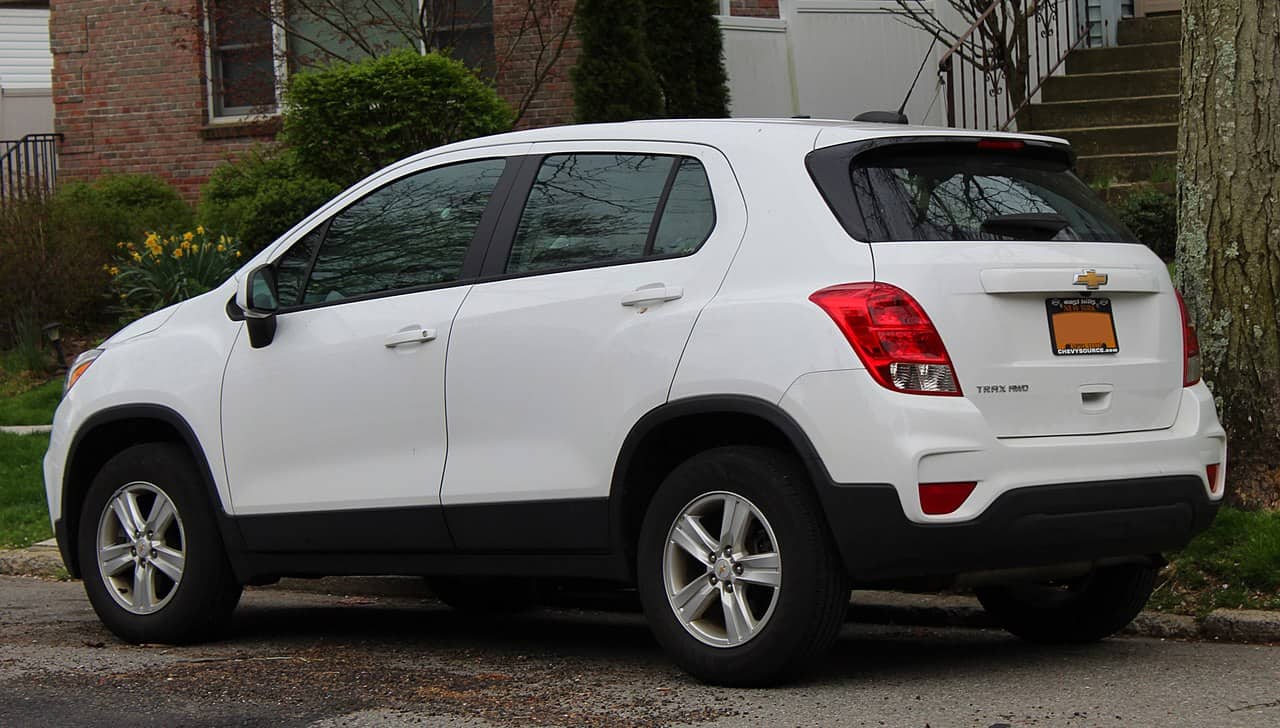
If it seems like we’re picking on every Chevrolet Trax year, it’s because the first generation of this vehicle was somewhat disappointing. In 2018, we saw a continuation of the same problems that occupied 2017 owners, leading to another recommendation to avoid this model year entirely. While only 90 NHTSA complaints were filed in 2018, 28 new complaints around Trax’s suspension became a new concern.
Some customers were undoubtedly satisfied with Chevy’s changes this year, but reliability was not one of the main improvements. These suspension issues led to a recall, as Chevrolet determined that the front suspension of some Trax models were not welded properly. As a result, these models were more difficult to steer, which made crashes more likely, and anything that can cause serious injury makes this a model year to avoid.
Avoid: 2019
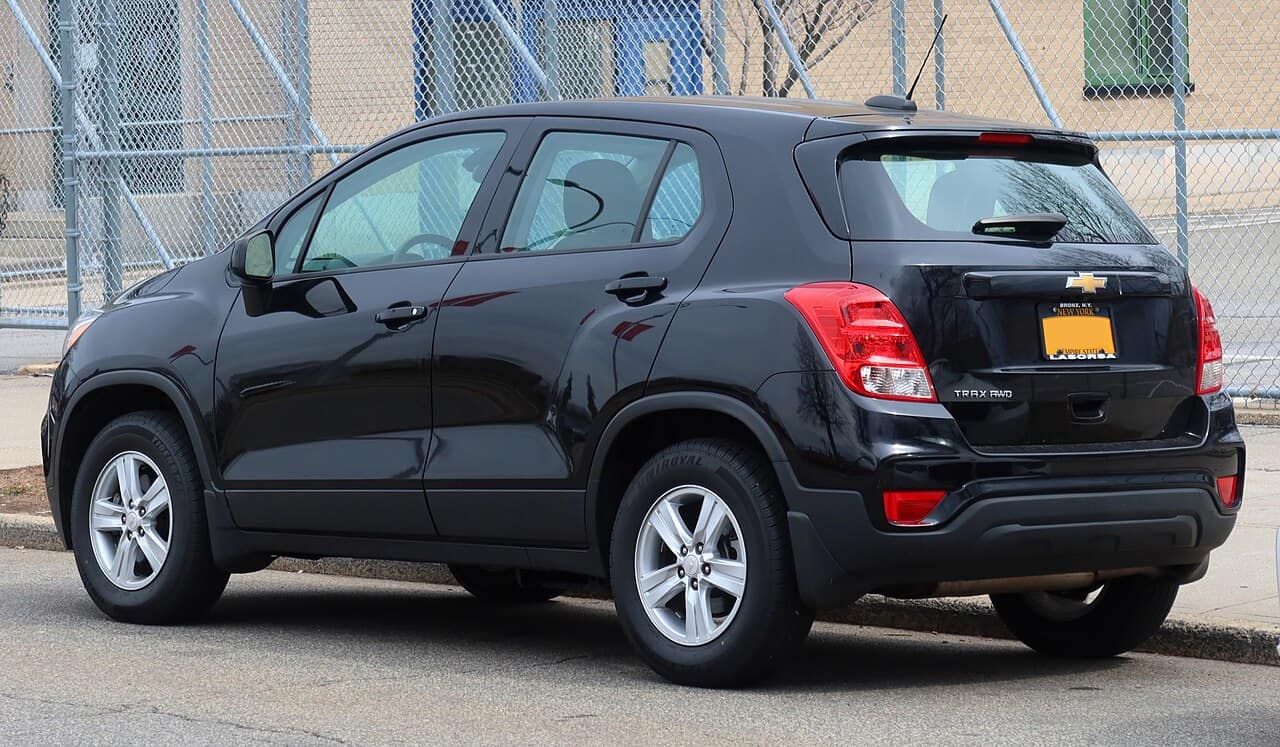
The 2019 model year immediately stands out for being a part of the same recall regarding the front suspension as the 2018 model year. As this issue could cause difficulty for the driver as early as 7,500 miles, it’s hard to recommend the 2019 Trax model year. When you consider another round of complaints surfaced around brake line issues happening around 7,500 miles, it further validates the reasoning just to avoid 2019 altogether.
With only 101 NHTSA complaints in 2019, it’s an improvement over some previous years, but Consumer Reports didn’t care. Once again, they panned the Trax for its infotainment system, which did not have the most advanced safety system, uncomfortable ride, and a lower MPG than the Trax’s closest competitors. Ultimately, Consumer Reports recommended close to every other car in the category before the Trax.
Avoid: 2020
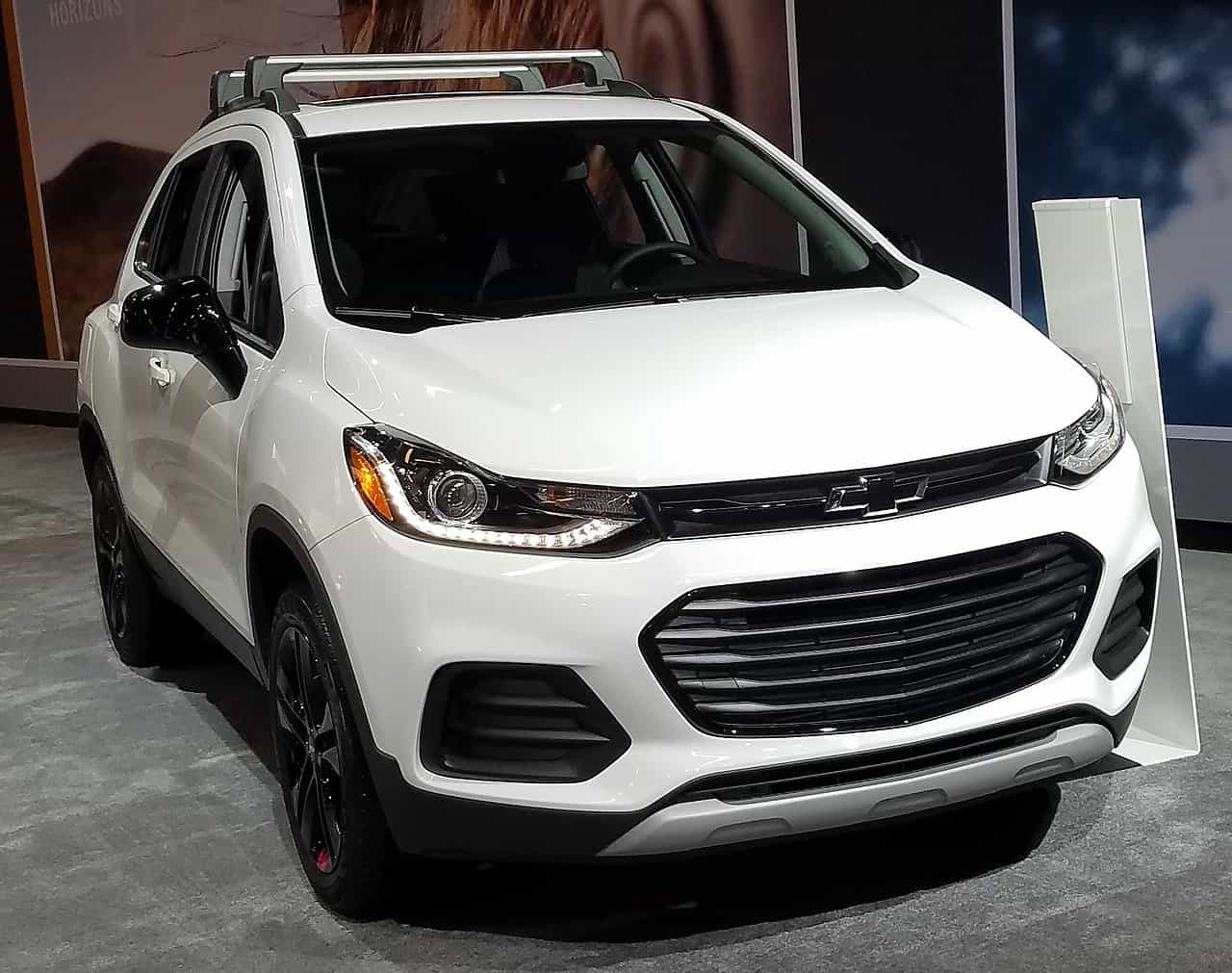
The good news is that 2020 starts a turnaround period for the Chevrolet Trax. As such, it’s the last model year we can recommend avoiding. With new engine options helping to solve a previous oil leak issue, the 2020 model allowed Chevy to turn around the Trax in consumer’s eyes. With only 48 NHTSA complaints in 2020, this was the start of the turnaround. However, it also makes it easy to say that instead of buying the 2020 experimental year, start with 2021 as the first year to recommend the Chevy Trax.
In 2020, you must still contend with airbag light concerns, suspension issues, and braking problems. Unfortunately, none of the major concerns reported by Consumer Reports have gone away, which is also alarming. There is no question a disappointing infotainment system can make or break a car ownership experience. Given that, if you want a Chevy Trax, you should only purchase the 2023 model year and newer after Chevy really gave the infotainment system a reset.
Travel Cards Are Getting Too Good To Ignore (sponsored)
Credit card companies are pulling out all the stops, with the issuers are offering insane travel rewards and perks.
We’re talking huge sign-up bonuses, points on every purchase, and benefits like lounge access, travel credits, and free hotel nights. For travelers, these rewards can add up to thousands of dollars in flights, upgrades, and luxury experiences every year.
It’s like getting paid to travel — and it’s available to qualified borrowers who know where to look.
We’ve rounded up some of the best travel credit cards on the market. Click here to see the list. Don’t miss these offers — they won’t be this good forever.
Thank you for reading! Have some feedback for us?
Contact the 24/7 Wall St. editorial team.




